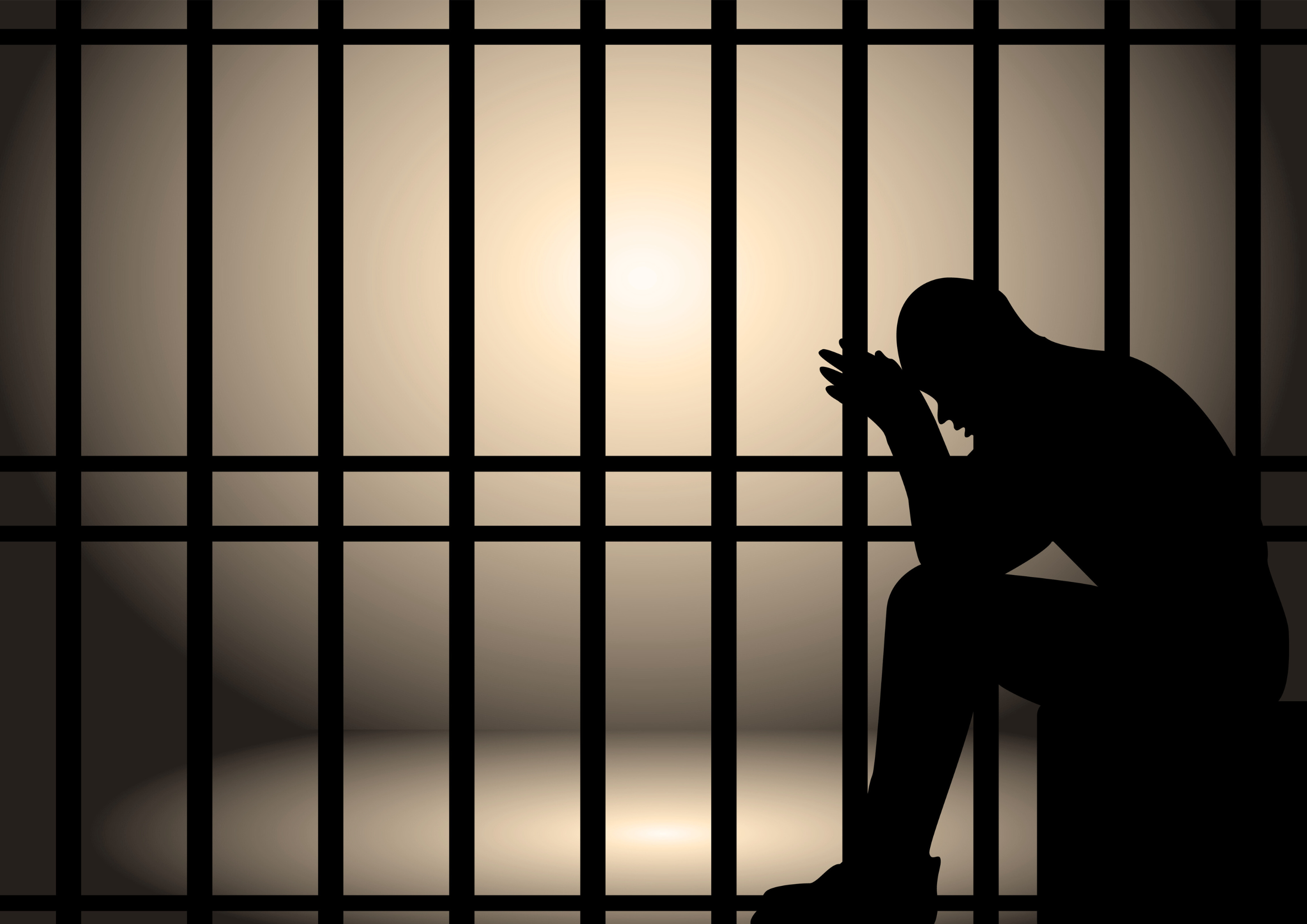The practice of seizing hostages and political prisoners, as well as actively terrorizing civilians is a constant displayed by Hamas in Israel and Russia’s war against Ukraine. To highlight issues related to the United States’ strategy to free hostages and political prisoners, last year the Commission’s Ranking Member Congressman Steve Cohen and Chairman Joe Wilson introduced a resolution to recognize October 30th as International Day of Political Prisoners and a bill for new action on U.S. resident and democracy advocate Vladimir Kara-Murza’s case. This Helsinki Commission hearing examined what more the United States can be doing to secure the release of Americans in captivity and political prisoners who are wrongfully or unjustly detained globally.
Davyd Arakhamia, Parliamentary Faction Leader of Servant of the People Party and Chief Ukrainian Negotiator for Prisoners of War and Abductees, gave his testimony in the first panel on what has occurred in Ukraine. Mr. Arakhamia began his testimony by thanking the Commission for holding the hearing and commented on both the conflict in Israel along with the war in Ukraine. He stated that “Ukraine is fighting every day” and further explained how it is a multidimensional war that includes Russia deporting or forcibly relocating Ukrainian children. Mr. Arakhamia concluded his testimony by proposing two requests: one, “the military dimension… to support the funding request” and two, “to develop an action plan.” The Commissions Representative Victoria Spartz and Representative Emanuel Cleaver asked Mr. Arakhamia questions following his testimony. Representative Spartz asked, “What can the United States do to better help Ukraine?” and Mr. Arakhamia responded with stating how the U.S. should “more actively participate in this process to continue and keep people [nations] united … against Russia.”
Following the first testimony from Davyd Arakhamia, Chairman Joe Wilson introduced, thanked, and applauded two women: Noam Perry, the daughter of 72-year old Haim Perry, taken hostage by Hamas and Dona Raich Levi, spokesperson for the Israeli hostages.
Irwin Cotler, Chair of the Raoul Wallenberg Centre for Human Rights, Former Minister of Justice and Attorney General of Canada, testified on the pursuit of justice and accountability for the war crimes and atrocities committed by Russia and Hamas. Dr. Cotler briefly described how he testified with Vladimir Kara-Murza in the past and who later was arrested in Russia for “telling the truth, both about Russia’s domestic repression and its external aggression.” He then stated actions “that can be taken with respect to each of the criminal aggressions” of both Russia and Hamas. The actions he addressed included the creation of “bipartisan, nonpartisan, parliamentary coalitions on behalf of political prisoners”, establishing an international criminal tribunal for the crimes in Ukraine, and using all OSCE mechanisms.
Jared Genser, International Human Rights Lawyer, Managing Director of Perseus Strategies, focused his testimony on two aspects: ending of state-sponsored hostage taking and amendments to be made to the Levinson Act. In reference to the first topic, Mr. Genser found that “once an American has been grabbed, it is too late” and to resolve this, it is necessary “to disrupt the value proposition for state-sponsored hostage taking and to create draconian consequences for states that engage in it.” Mr. Genser then stated that the Levinson Act “to require that in all such cases where family asks to engage on a potential designation, that there should be somebody assigned by the State Department to be a liaison with them and their advocates and to engage in ongoing information sharing and discussions.” Mr. Genser concluded his testimony by noting that the Levinson Act “has to be amended to make sure there’s no discrimination against Americans who have second or third nationalities.”
Evgenia Kara-Murza, Advocacy Director at the Free Russia Foundation, wife of Vladimir Kara-Murza, testified on the political prisoners in Russia, including her husband Vladimir Kara-Murza, and a project launched by Free Russia Foundation in June of 2022. Mrs. Kara-Murza stated how the Soviet-style repressive instruments Putin uses to detain prisoners unlawfully shows an “effective closure of civil society” in Russia. She also explained her project called Poshepallon, is “specifically dedicated to the search of Ukrainian war prisoners and Ukrainian civilian hostages held in Russian prisons.” Mrs. Kara-Murza also described how her husband is still being held in Siberia in complete isolation and as a response, Congress introduced a bill to receive answers from the State Department on why he has not been declared “Wrongfully Detained.” She concluded her testimony with a quote from Eleanor Roosevelt “When will our consciences grow so tender that we will act to prevent human misery rather than avenge it?” and called on the U.S. government to fight harder for the release of those who have risked their lives to defend its principles.
Commissioners proceeded to ask questions regarding tools to hold Hamas and Russia accountable, ways to receive better response on hostage and political prisoner situations, and a rise of antisemitism. Congressman Lawler, asked the panel “What tools are available at the international level to hold Hamas, Iran, and Russia accountable?” Dr. Cotler responded to his question by saying that we should “use all the international instruments in that regard.” Mr. Genser answered questions regarding the need for better enforcement mechanisms when it comes to responding to political prisoner situations and to require someone at the State Department to be assigned to each case. Mr. Cotler answered a question from Commissioner Veasey about the rise of antisemitism in the Middle East by stating that both Russia and Hamas’ criminal aggression is “paralleled by massive domestic repression” and the need “to understand that both communities are being taken hostage by their very respective criminal leaderships.”







